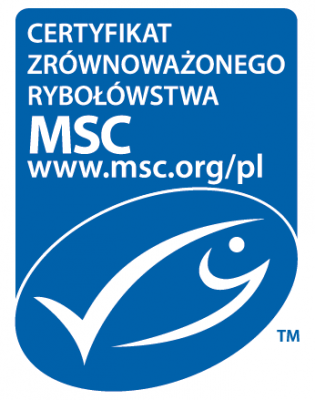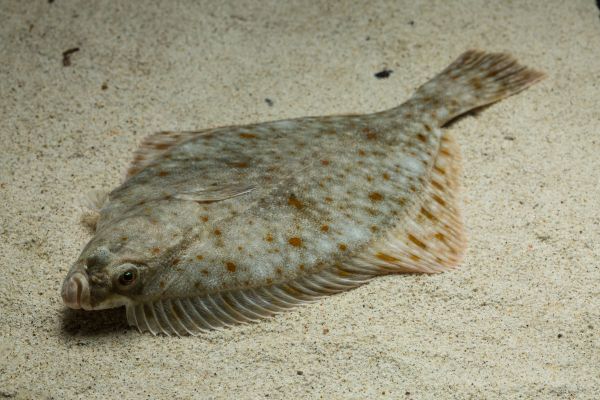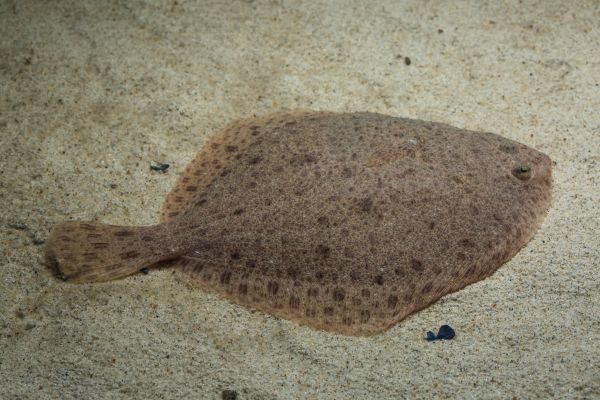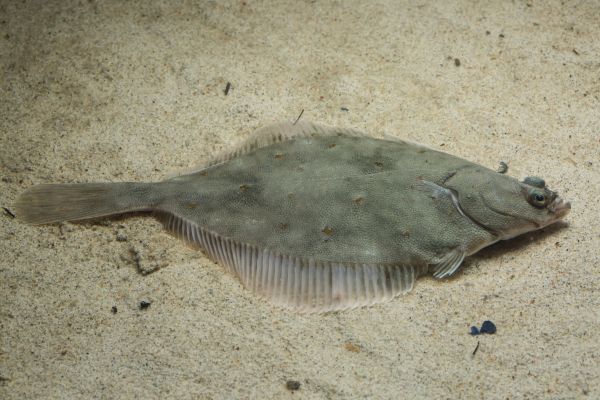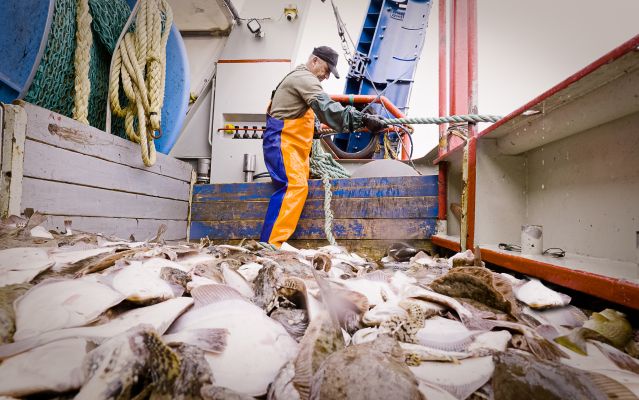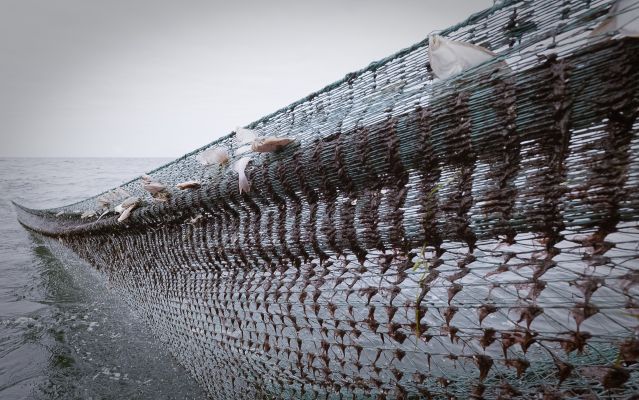First flatfish fishery in Poland certified to the MSC's standard for sustainability
The Polish flatfish trawl and gillnet fishery has achieved certification to the Marine Stewardship Council’s (MSC) globally recognised standard for sustainable fishing. It’s the first MSC certification for flatfish fishery in Poland, as well as the first fishery of turbot and European flounder in MSC programme.
The Polish flatfish trawl and gillnet fishery has achieved MSC certification for plaice (Pleuronectes platessa), turbot (Scophthalmus maximus) and European flounder (Platichthys flesus) fished by trawls, joining a leading group of sustainable fisheries able to verify their sustainability to the global, science-based standard set by the MSC.
The certification process, led by the Kołobrzeg Fish Producers Group (KGPR), was completed by four fishing organisations (Kołobrzeg Fish Producers Group, National Chamber of Fish Producers – Ustka, Fish Producers Organization – Baltic, Fish Producers Organization - Władysławowo) and includes 52 vessels.
The assessment to the MSC Fisheries Standard was conducted by independent auditors from Global Trust. The transparent assessment process examined the fishery’s impact on the marine ecosystem as well as the effectiveness of its management in ensuring that the environment is protected for the future.
The assessors found that while the fishery meets the high standards set by the MSC, there are several areas with room for improvement, resulting in seven conditions of certification. These are time-dependent goals the fishery must meet to retain its certificate. To make these improvements, the fishery has an action plan, coordinated with other stakeholders including local, national and regional management agencies. The fishery will have annual surveillance checks to ensure it is meeting the goals and maintaining its responsible fishing practices, and - if the conditions are fulfilled - it will be able to be reassessed after five years.
The certification marks an important milestone for the global sustainable seafood movement, as it expands the scope of MSC certified species with turbot and European flounder. It is also an important achievement for Polish fishery, setting the example for next fishing organizations in Poland on their path to sustainability.
Marcin Radkowski, President of the Kołobrzeg Fish Producers Group (KGPR) said: “Currently, our task is not only to provide consumers with healthy and nutrient-rich fish, but also to ensure that stocks can recover, so that we leave them fully valuable for future generations too. Receiving the MSC certification confirms that our methods of catching flatfish are carried out in accordance with the most rigorous global environmental requirements.”
Anna Dębicka, MSC Program Director for Poland and Central Europe said: “The MSC Fisheries Standard is the result of almost 25 years of cooperation with scientists, the fishing industry and conservation groups, working together to keep our marine ecosystems in good condition. We applaud the effort made by Polish flatfish fishery to reach MSC Standard and we hope that their success will be a great example for other Polish fisheries to work towards sustainability and MSC certification”
More information at: www.msc.org/pl
The Marine Stewardship Council (MSC) is an international non-profit organisation which sets globally recognised, science-based standards for sustainable fishing and seafood traceability. The MSC ecolabel and certification program recognises and rewards sustainable fishing practices and is helping create a more sustainable seafood market. For more information visit msc.org or visit their social media pages.


